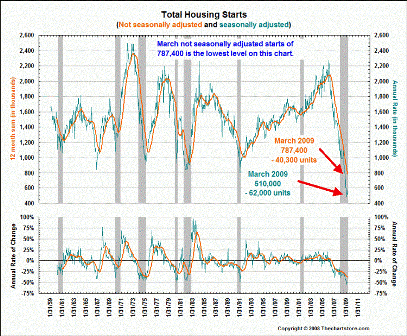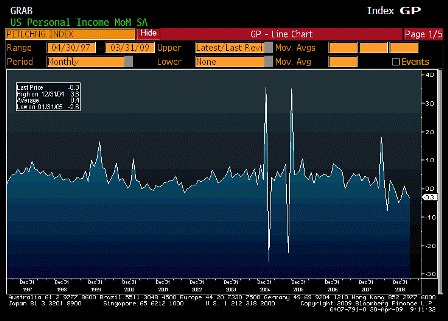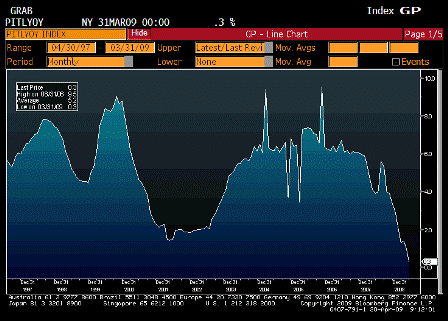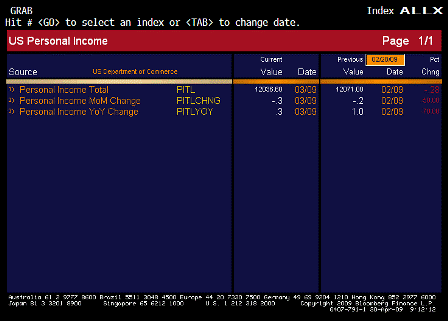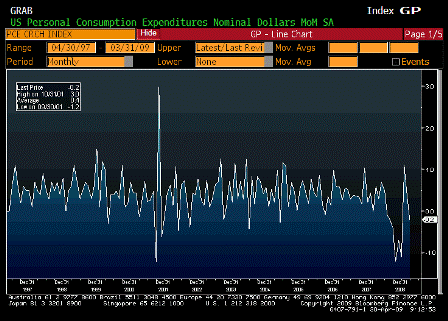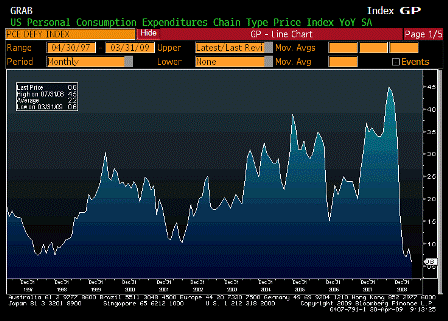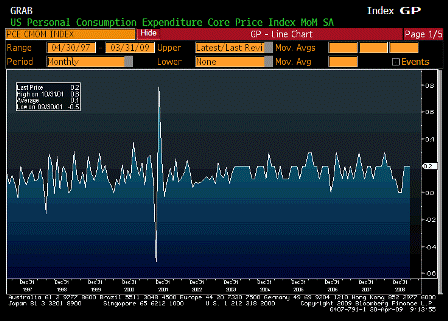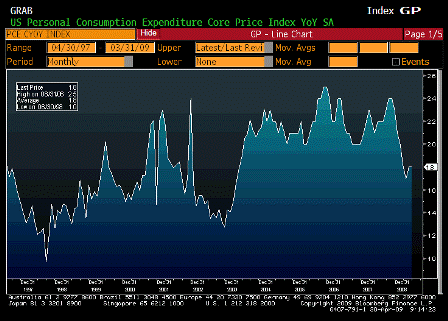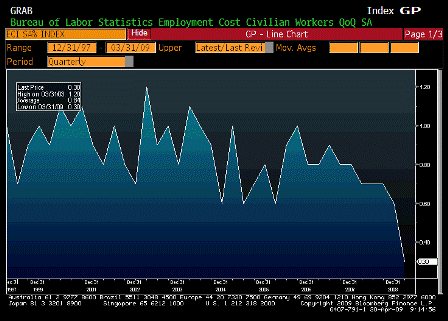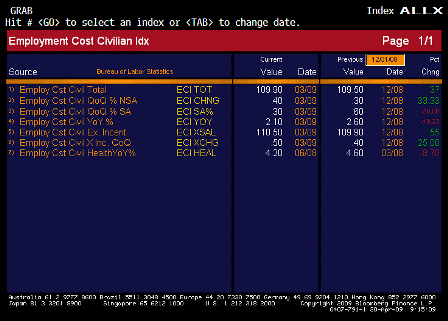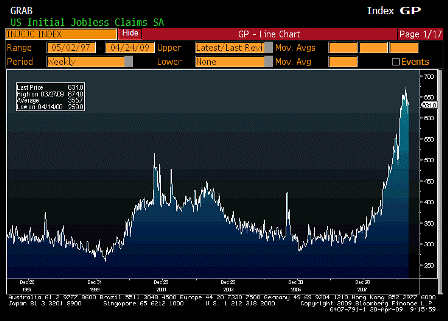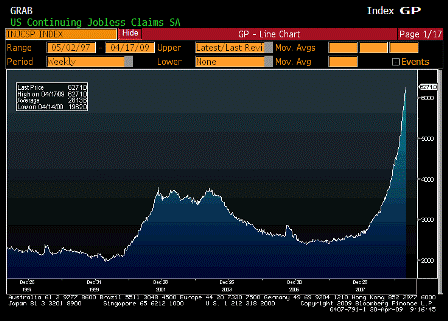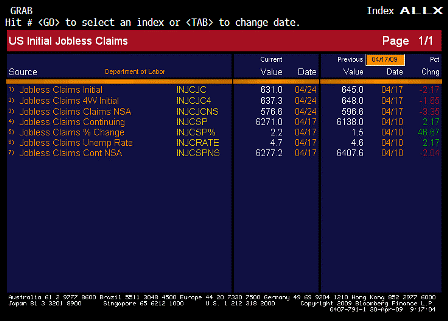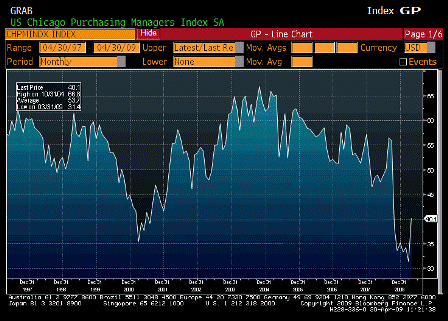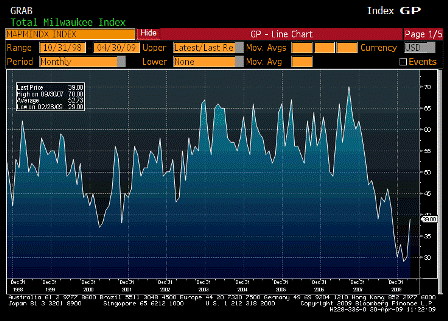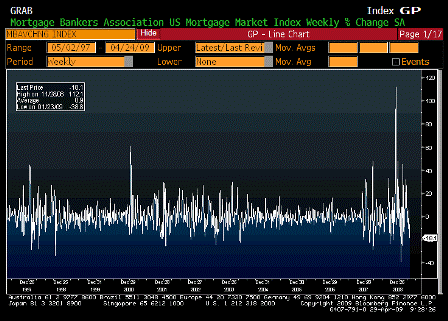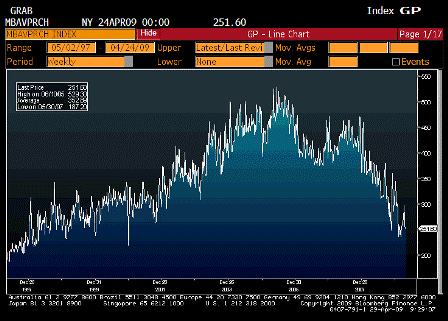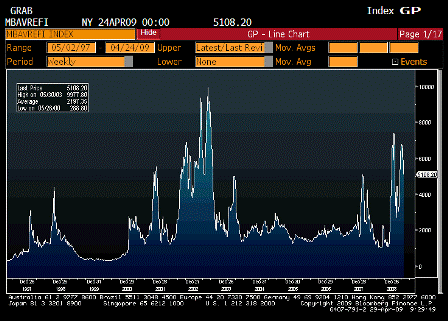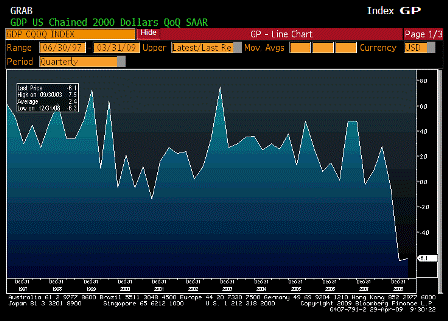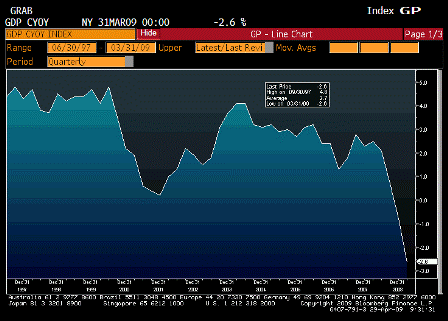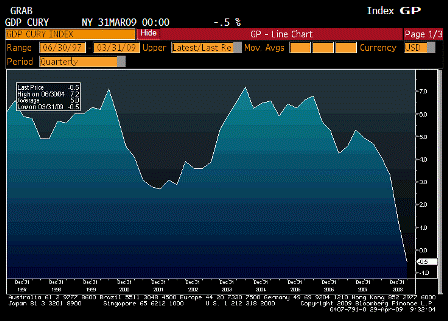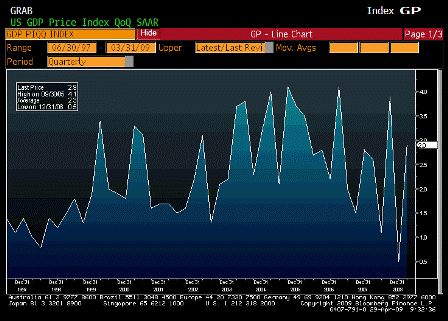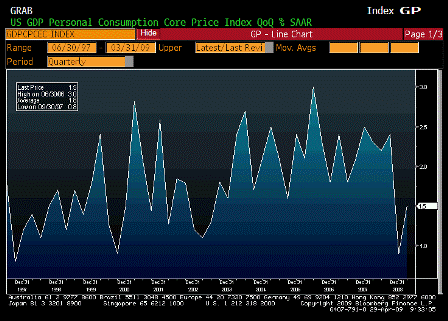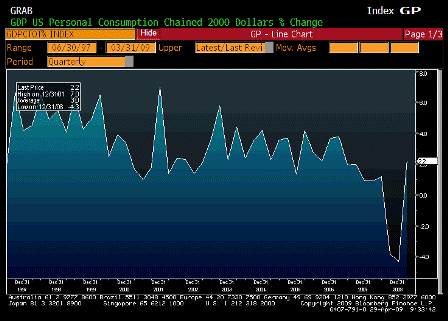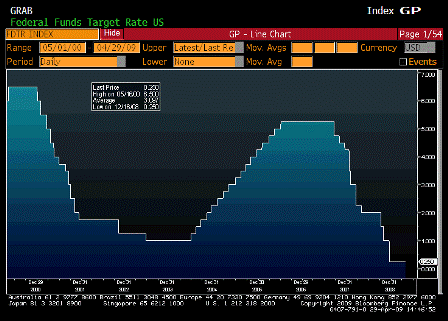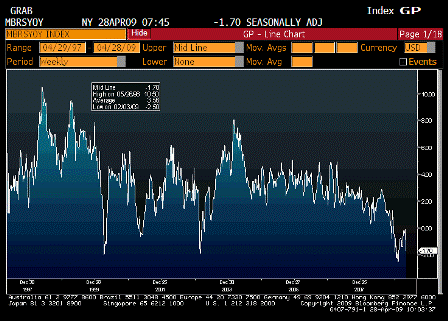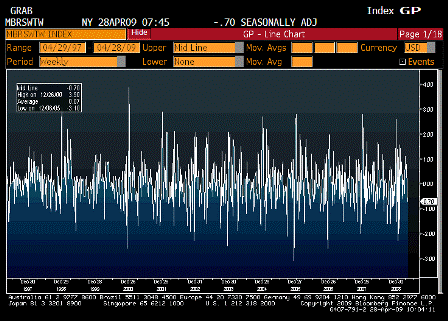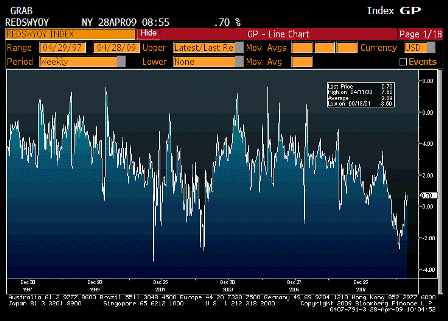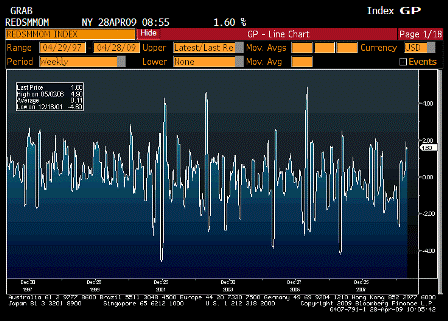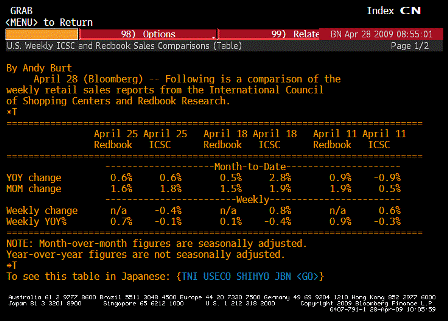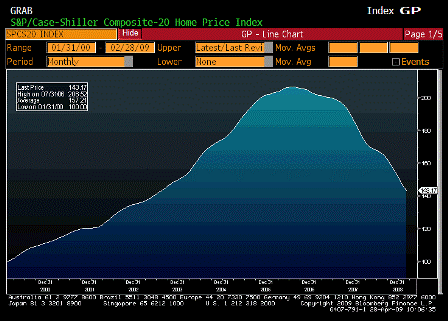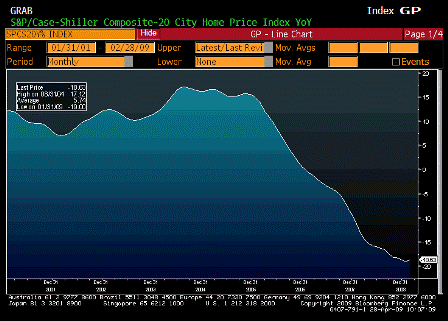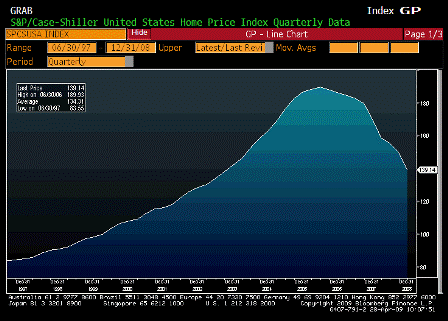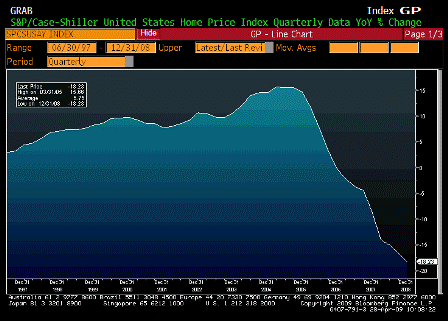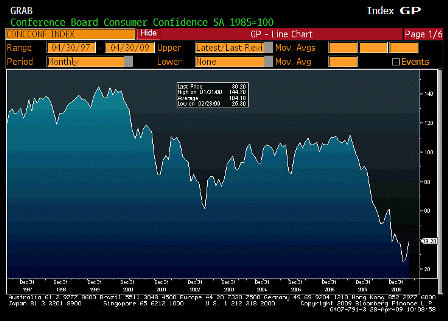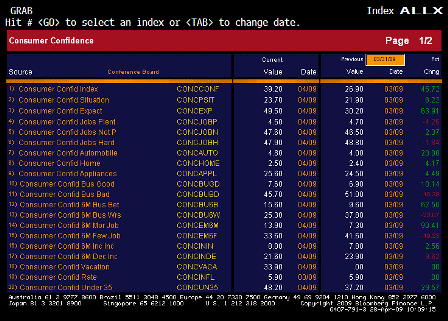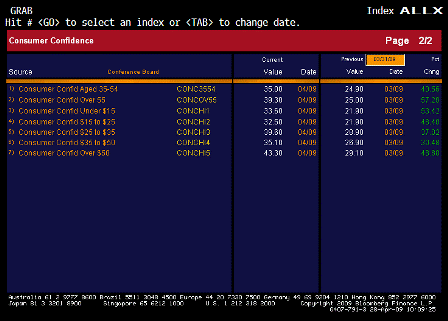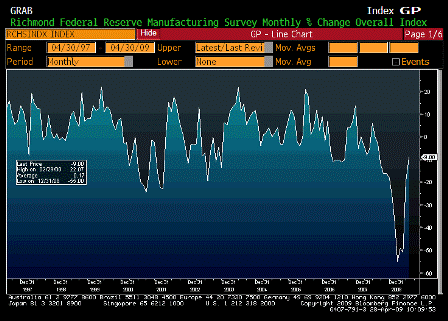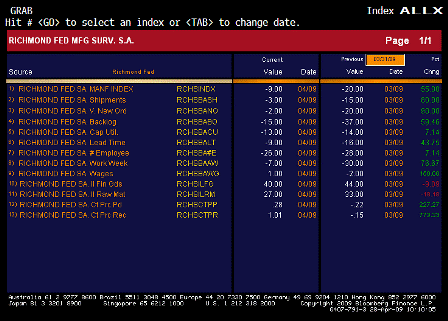[Skip to the end]
Been away for a week.
First impressions:
Seems world fiscal responses both automatic and more recently proactive have turned the tide.
Looking for a quick return to positive GDP (from very depressed levels) helped by very low inventories in general.
But relatively slow returns to ‘normal’ in many sectors as well.
And central banks doing a lot of foot dragging regarding rate hikes due to large continuing output gaps (high unemployment).
The eurozone lags as it’s passed on proactive fiscal measures and instead is waiting for exports to pick up, and makes these kinds of counterproductive noises:
“The European Union (EU) has officially opened the excessive deficit procedure against Ireland, Greece, Spain and France since their budget deficits shot up beyond the EU’s limit amid the financial crisis.
The decisions, which were taken by EU foreign ministers in Luxembourg on Monday, required the four countries, as well as Britain, which had been under the excessive deficit procedure, to take corrective actions to rein in their deficits by Oct. 27, 2009.
Under the EU’s Stability and Growth Pact, all member states have to keep their budget deficits below 3 percent of their gross domestic product (GDP).”
Q1 Earnings generally better than expected.
This is all very good for US equities.
A few selected somewhat positive headlines from the past week with the most recent on top:
Malaysia Keeps Interest Rate Unchanged as Export Slump Eases
South Korean Current Account Rises, N.Z. Exports Gain
China’s Economy Recovering on Investment Surge, Citic Says
European Retail Sales Decline Least in 11 Months
European Confidence Rises for First Time in 11 Months
ECB’s Wellink Doesn’t See ‘Real Deflation’ in Europe
Tumpel-Gugerell Says ECB Sees No Deflation Risk, Badische Says
Germany’s Economy to Return to Growth Next Year
B0E spots hopeful economic signs
U.K. Has Biggest Budget Deficit Since World War II
U.K. Mortgage Lending Rose 16% in March, CML Says
Industrial Production Index Seen Up For 1st Time In 6 Months
Govt Submits Record Extra Budget For FY09 To Finance Fresh Stimuli
China’s External Demand Showing Signs of Recovery, Sun Says
China to launch more stimulus investment in second quarter
China Central Bank’s Yi Sees Signs of Economy Rebound
WB official: China a ‘bright spot’ in 2009 world economy
[top]

